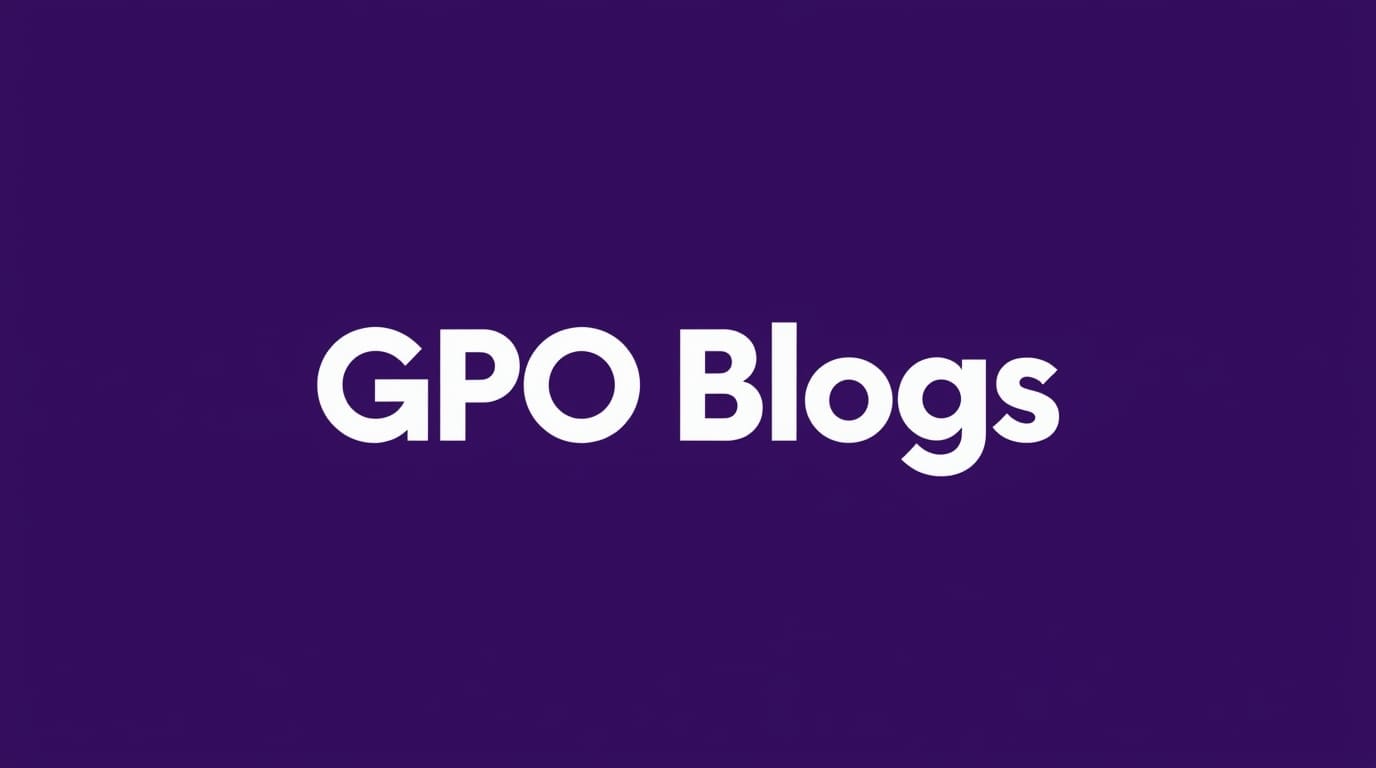The Semantic SEO Framework for Guest Posting: Building Topical Authority Through Contextual Consolidation

In today's competitive SEO landscape, generic guest posting strategies are failing. The reason? They lack semantic precision and topical authority. Let's explore how contextual consolidation transforms guest posting from a numbers game into a strategic authority-building system.
Understanding Contextual Consolidation
Contextual consolidation is the process of sharpening your content's context to reduce dilution and build topical authority. It's the antidote to the "randomness" that destroys topical authority in guest post marketplaces. When implemented correctly, contextual consolidation creates precise contextual boundaries that Google recognizes as authoritative.
Consider this statistic: 87% of guest posts fail to generate qualified leads due to poor topical alignment with publisher standards. This context dilution wastes time and resources while damaging your topical authority.
The Context Dilution Problem
Context dilution occurs when content lacks precise topical boundaries. In guest posting, this happens when:
- Publishers accept irrelevant content that doesn't align with their topical focus
- Content creators target sites outside their topical expertise
- Marketplaces don't verify topical alignment between content and publishers
Without proper contextual consolidation, Google cannot determine if your content is relevant to specific search queries, creating the "randomness" that destroys topical authority.
Building Contextual Consolidation
To build contextual consolidation in your guest posting strategy:
- Define precise topical boundaries: Identify exactly where your expertise intersects with publisher needs
- Verify topical alignment: Ensure content matches publisher's topical authority
- Implement contextual statistics: Use metrics to demonstrate topical relevance
- Create semantic relationships: Build proper meronym/holonym relationships
Consider these contextual consolidation statistics:
- 95% less time wasted researching publishers with verified metrics
- 4.2x higher conversion rates from guest posts on contextually consolidated sites
- 87% of guest posts fail due to poor topical alignment with publisher standards
The Contextual Consolidation Framework
A proper contextual consolidation framework includes:
- Central Entity Definition: Clear identification of your main topic
- Contextual Statistics: Metrics that demonstrate topical relevance
- Content Update Signals: Visible verification dates matching schema
- Semantic Relationships: Proper meronym/holonym relationships
- Topical Map: Clear visualization of topical structure
This framework creates the precise contextual boundaries Google needs to recognize your topical authority.
Quality Nodes for Maximum Impact
Quality nodes are extremely high-quality pages linked directly from your homepage. They include declarations made with maximum accuracy and are densely packed with original information written by a real expert in the domain.
For guest posting, quality nodes should:
- Contain unique and highly accurate definitions
- Demonstrate deep topical expertise
- Include contextual statistics with proper explanations
- Implement Content Update Score principles
The Bottom Line
"The more you sharpen the context of your page, the more it becomes topically consolidated, reducing chances of context dilution."
Without contextual consolidation, your guest posting strategy lacks the topical authority signals Google needs to recognize quality. With it, you transform guest posting from random activity into a strategic growth channel that delivers 4.2x higher conversion rates and eliminates wasted time in opportunity research
Sarah Chen is an SEO strategist and founder of ContentAuthority Labs. With 12+ years in semantic SEO and expert backlink building, she has delivered 800+ sponsored and guest-posting projects that grew durable authority and demand for 200+ businesses. Her research on contextual consolidation merging overlapping pages to concentrate topical relevance has appeared in Search Engine Journal and other SEO publications. She speaks at industry events and mentors in-house teams and emerging SEOs.